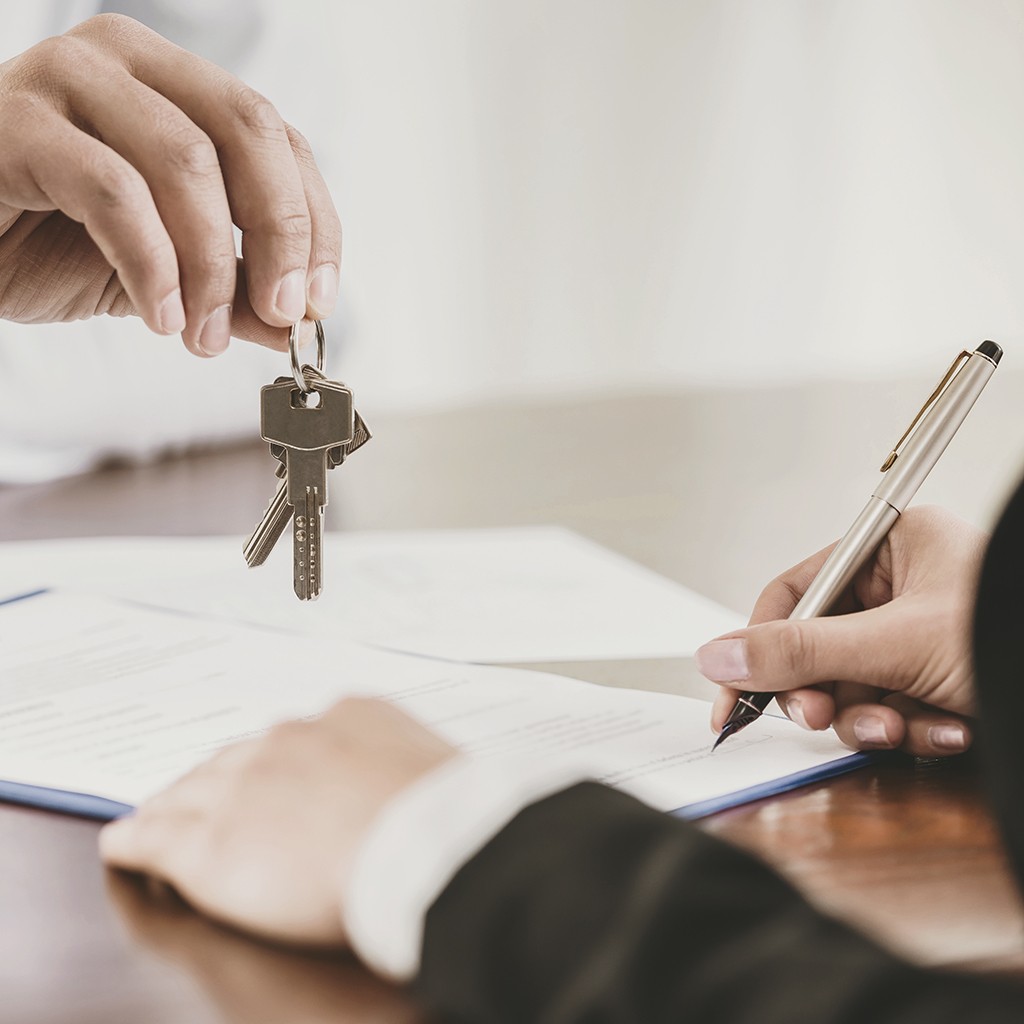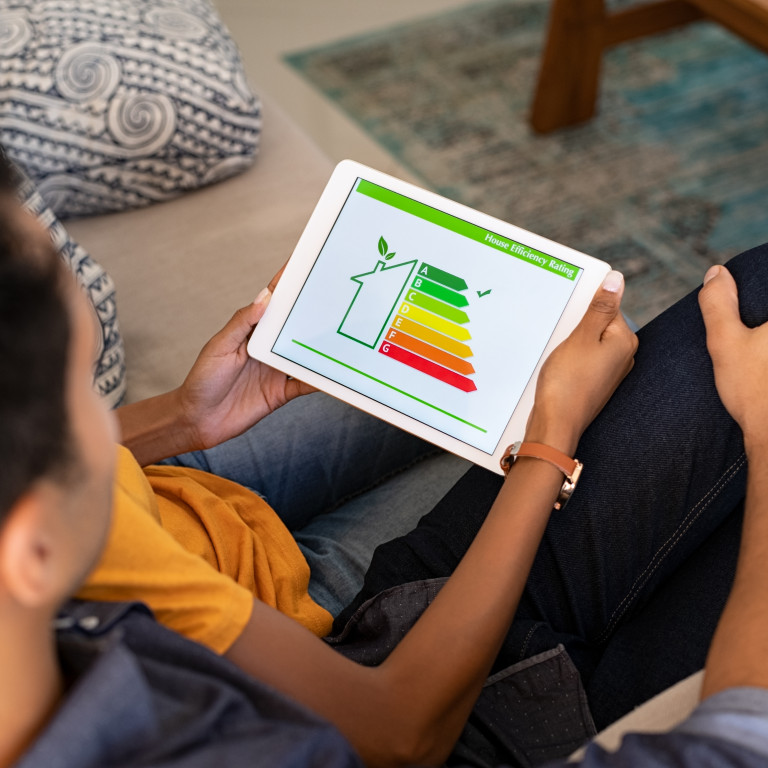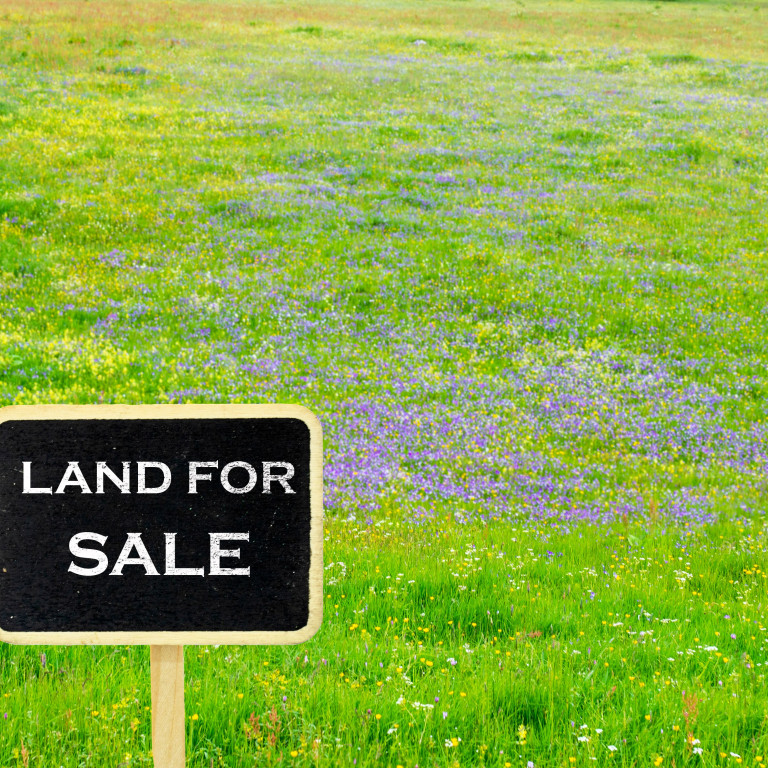Buying a house is one of the most significant investments that most people make in their lifetime. Whether you are a first-time buyer or an experienced property investor, the process of buying a house can be daunting and complex.
In addition to finding the perfect home, there are numerous legal considerations that you need to keep in mind when purchasing a property.
There are several important legal aspects that must happen to ensure a smooth and successful transaction. In this article, we will outline eight steps that your conveyancer will assist you with to help you navigate the process when buying a house in England and Wales.
1 - Conveyancing
Conveyancing is the name of the legal process of transferring the ownership of a property. You should engage with a solicitor to handle the legal aspects of the transaction, as it can be complex, and there are clear procedures that need to be followed.
2 - Property searches
Several searches will need to be made to purchase a property. Your solicitor will carry these out and identify if there are any potential issues with the property. For example, whether the property is listed, subject to a tree preservation order, or whether there are highways or planning decisions that could affect the property. Once these searches have taken place, your solicitor will report back to you about any issues they found, or if there is any cause for concern.
3 - Stamp duty
Stamp duty is a tax that you need to pay when you buy a property over a certain price. The rules and rates for stamp duty vary depending on the value of the property and other factors.
4 - Exchange of contracts
This is the point where deposits have been paid, and the transaction is at the point at which the buyer becomes legally committed to buying the property, and the seller is legally committed to selling it. Your solicitor will explain the terms of the contract to you and the implications of the exchange of contracts.
5 - Completion
At completion, the balance of the purchase price is paid to the seller and the buyer becomes the owner of the property. Your solicitor will tell you when this has happened, and you will be able to collect the keys from the estate agent.
6 - Property ownership
There are two types of property ownership in England and Wales: freehold and leasehold. Your solicitor will search the Land Registry to find out whether the property you are buying is owned on a freehold or leasehold basis.
Freehold means that you own the property and the land the property sits upon. A leasehold means that instead of owning the land you purchase the right to occupy the property for a given number of years under a lease agreement. Your solicitor will explain what this means to you.
7 - Mortgage
If you need to take out a mortgage, it is important to understand the terms and conditions of the mortgage agreement. Mortgage advisors and solicitors often work together, helping protect your interests and offer the best financial options for you.
8 - Property Insurance
It is important to arrange adequate insurance coverage for the property, at the point you exchange contracts. Your solicitor will help you to identify what types of insurance you might need.
Find out more
Each of our offices is staffed to be able to offer you personal assistance with your property needs. The service we offer is both comprehensive, fast and flexible. Contact our skilled Residential Property Team for more information.





